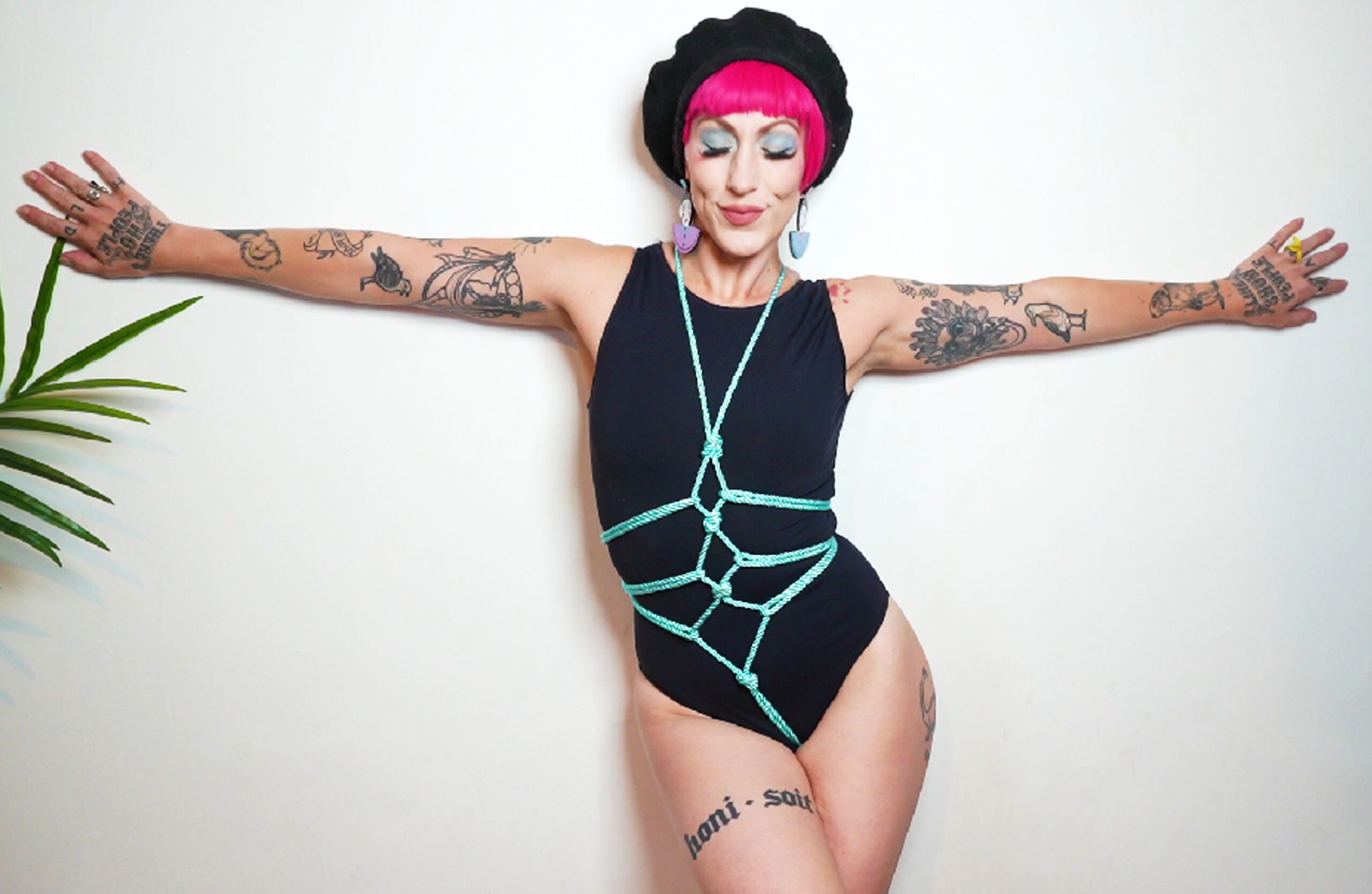Unpacking Demigender Identities
Demigender refers to a gender identity that exists on a spectrum between feeling partially connected to a specific gender and not identifying as that gender fully. It’s a nuanced understanding of gender that acknowledges the fluidity and complexity of individual experiences.
Individuals who identify as demigender may experience their gender in various ways:
- Feeling partially aligned with one gender, such as feeling like “a little bit female” or “half male.”
- Identifying more strongly with a different gender identity than their assigned sex at birth but not fully. This could include identifying as demifluid, where gender fluctuates between two genders, or as demiboy or demigirl.
- Experiencing a disconnect from traditional binary gender categories and feeling partially outside of both male and female.
Understanding Demigender in Relationships:
When considering relationships, demigender identities bring unique dynamics into play.
Open communication is crucial for navigating these complexities:
- Honoring Individuality: Partners need to respect each other’s gender expressions and identities. This includes using chosen names and pronouns.
- Exploring Needs and Boundaries: Each individual may have specific needs and boundaries regarding their gender identity in a relationship. These should be openly discussed and respected.
- Flexibility and Growth: Gender identity can evolve over time, so it’s essential to be open to understanding and adapting to each other’s evolving needs and experiences.
Supporting demigender individuals in relationships involves creating a safe and affirming space where their identities are validated and celebrated. It requires ongoing communication, empathy, and a willingness to learn and grow together.
Demigender identities represent a spectrum of gender experiences where an individual partially identifies with one gender, while partially identifying with another gender, or no gender at all.
Unpacking demigender identities involves recognizing the fluidity and complexity of gender expression. It’s not about fitting neatly into binary categories but understanding how individuals navigate their own unique sense of self in relation to gender.
Demigenders may identify as, for example, a “demiboy,” meaning they partially identify as male and partially as non-binary, or “demigirl,” partially identifying with femininity and non-binary experiences.
The intensity of these partial identifications can vary greatly from person to person. Some demigenders may feel their connection to one gender is stronger than the other, while others might experience a more balanced sense of both.
Language plays a crucial role in expressing and understanding demigender identities. It’s essential to use language that is respectful, accurate, and reflects an individual’s own self-identification.
Some people may find comfort using specific demigender terms to describe themselves, while others might prefer more general terms like “non-binary” or “genderqueer.” The most important thing is to listen to and respect how individuals choose to express their gender identity.
It’s also important to remember that demigender identities are not static. They can evolve and change over time as individuals grow and learn more about themselves.

Ultimately, unpacking demigender identities is a journey of self-discovery and understanding. It involves embracing the fluidity and complexity of gender expression and creating a language that accurately reflects the diverse range of human experiences.
Navigating Relationships as a Demigender Individual
Navigating relationships as a demigender individual can be a beautiful and complex journey. It’s about embracing your unique identity while fostering open communication and understanding with your partner(s).
One crucial aspect is **self-discovery**. Take time to deeply understand your own gender identity, how it feels, and what expression resonates most with you. This self-awareness will empower you to communicate your needs effectively.
Open and honest **communication** is paramount in any relationship, but especially when navigating demigender experiences. Share your understanding of your gender identity with your partner(s) in a way that feels comfortable for you. Explain what being demigender means to you personally.
Be prepared for questions and show patience as they learn. Remember, everyone processes information differently, and it may take time for them to fully grasp the nuances of your identity.
It’s important to establish **boundaries** around how you want to be addressed donkey punch position and what pronouns feel right for you. Be clear about these boundaries and reiterate them when needed. Respectful communication can help ensure everyone feels comfortable and validated.

While your partner(s) should strive to use your preferred name and pronouns, remember that **mistakes** may happen. Approach these situations with understanding and grace. Gently correct them if necessary, emphasizing the importance of using your correct name and pronouns.
Expressing your **needs** in a relationship is essential for both parties’ well-being. Don’t hesitate to communicate what makes you feel comfortable, loved, and respected. This might involve discussing how they can best support you in navigating your demigender identity.
It’s also important to remember that you are not solely defined by your gender identity. You are a complex individual with many facets. Nurture other aspects of your personality, hobbies, and interests within your relationship.
If you encounter difficulties or challenges in communicating your needs, consider seeking guidance from a **therapist or counselor** who specializes in gender identity issues. They can provide valuable support and tools for navigating these conversations.
Ultimately, successful relationships involve open dialogue, mutual respect, and a willingness to learn and grow together. By embracing authenticity and fostering understanding, demigender individuals can build fulfilling and loving connections.
Navigating relationships as a demigender individual can present unique challenges and rewards. Understanding demigender identity, its complexities, and potential impacts on romantic and platonic connections is crucial for building healthy and fulfilling relationships.
Demigender refers to a gender identity that partially aligns with one or more genders. It’s important to remember that demigender is a spectrum; experiences and expressions vary widely. Some individuals may feel strongly connected to one specific gender, while others might identify as falling between two genders.
Communication is paramount in any relationship, but it becomes even more critical when navigating demigender identity. Openly discussing your experiences, needs, and boundaries with your partner(s) can foster understanding and create a safe space for vulnerability.
It’s crucial to remember that not everyone will understand demigender identities, and that’s okay. You deserve partners who are willing to learn and respect your identity, even if they don’t fully grasp it at first. Be patient with those around you while also advocating for your own needs.
Finding support is vital for anyone navigating complex identities, including demigender individuals. Connecting with other demigender people through online communities or support groups can provide a sense of belonging and shared understanding.
Therapists specializing in gender identity can also be invaluable resources. They can offer guidance on self-discovery, coping strategies, and navigating relationships with authenticity.
Ultimately, the key to successful relationships as a demigender individual lies in self-acceptance, open communication, and finding supportive connections.
Tips for Allies
Being an ally to someone who identifies as demigender means actively creating a safe and inclusive environment where they can express their identity without fear or judgment.
Here are some tips for allies:
* **Educate Yourself:** Take the time to learn about demisexuality. Understand its nuances, variations, and the experiences of individuals who identify with this identity.
* **Use Correct Pronouns and Names:** Always refer to a person by their preferred pronouns (they/them, he/him, she/her, etc.) and name. Respecting these is fundamental to showing allyship.
* **Listen Actively:** When someone shares their experiences or feelings about their demigender identity, listen attentively without interrupting or offering unsolicited advice. Creating a space where they feel heard is crucial.
Consider the following when creating a safe and inclusive environment:
1. **Avoid Assumptions:** Don’t assume someone’s gender identity or sexual orientation based on their appearance or behavior. Instead, ask respectfully if they are comfortable sharing that information.
2. **Challenge Gender Norms:** Actively work to dismantle harmful stereotypes and expectations surrounding gender. This can involve speaking up against sexist jokes or comments and promoting inclusive language.
Remember, allyship is an ongoing process of learning, unlearning, and actively supporting marginalized communities.
Creating a truly inclusive space means fostering a culture of respect, understanding, and acceptance where everyone feels safe to be themselves.
Understanding and supporting demigender individuals starts with education. Seek out information from reputable sources about demigender identities, terminology, and experiences.
Reliable resources include websites of LGBTQ+ organizations, academic journals, and books written by demigender people.
Remember that demigender is a spectrum, meaning there are many variations and expressions within this identity. Avoid making assumptions about someone’s gender based on their appearance or expression.
Instead of asking intrusive questions about their gender, focus on creating a safe and respectful environment where they feel comfortable sharing information at their own pace.
Use the pronouns that an individual identifies with. If unsure, politely ask what pronouns they prefer.
Be mindful of language and avoid making assumptions or generalizations about demigender people.
Treat demigender individuals with the same respect and consideration you would extend to anyone else.
Listen actively when someone shares their experiences, validate their feelings, and offer support.

Remember that allies are always learning and growing. Be open to feedback, correct your mistakes respectfully, and strive to be a better advocate for demigender people.
Show solidarity with the demigender community by supporting LGBTQ+ organizations, attending Pride events, and speaking out against discrimination.
Explore the full article online
Explore all perspectives shared
- Kratom Capsules: The Fastest Way To Relieve Stress And Fatigue - June 1, 2025
- The Dos And Don’ts Of Trying THC Beverages For The First Time - May 31, 2025
- What Are Squishes And How Do They Differ From Crushes? - May 31, 2025


